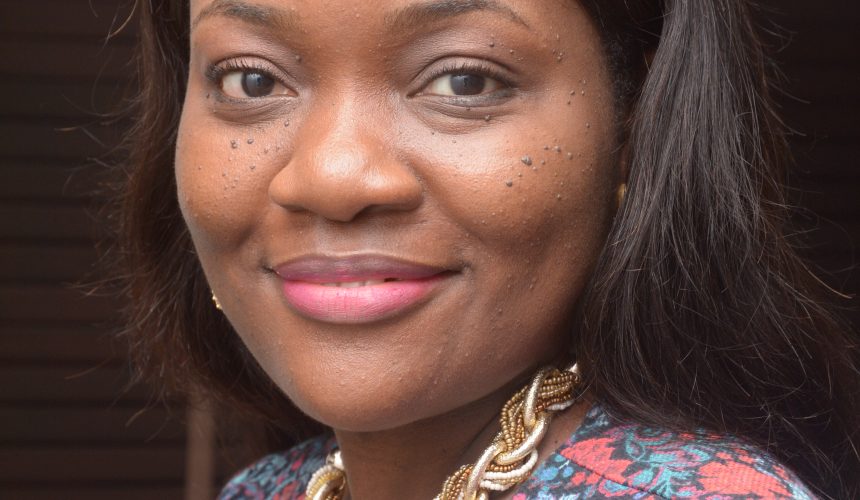By Chukwuemeka Fred Agbata Jnr
Over-The-Top (OTT) refers to applications and services, which are accessible by the Internet and ride on Operators’ networks offering Internet access services.
For instance, African countries like Kenya, South Africa, Ghana and Nigeria have become a destiny for technology innovations and investment. According to experts, OTT market could make an impact economically depending on the regulatory measure, African countries adopt.
Telecom operators in Africa such as MTN, Etisalat, Glo, and Airtel lack direct control or influence over WhatsApp Messenger, BBM, Facebook or Skype. The OTT services had been such much increase and patronage as a result of much access to 3G and 4G networks which offer mobile broadband and high-speed IP data
There are mixed feelings and reactions regarding the regulation of OTT. A group of analysts in the industry reports that regulating the OTT could impact the business revenue of telecom operators. While some say, the regulation of OTT has adverse effects on the end users.
Meanwhile, Facebook, Microsoft, and Google have voiced their opposition to the regulation of over-the-top (OTT) services such as WhatsApp and Skype OTT Regulations
In South Africa, there are reports that OTT service providers do pay taxes to the government.
According to sources, South African MTN’s Corporate Service Executive, Graham de Vries, in a presentation at a Parliament meeting earlier this year, to an online petition by All4Women.co.za calling on the South Africa’s government to reject calls by telcos to regulate these services.
Fortune Mgwili-Sibanda, Public Policy Manager, Google SA argued against regulation as he said the search giant pays tax in South Africa.
“Beware using 20th-century rules on internet services. Content should not get regulations as if its access. Services are not networks; there is no evidence that OTTs are harming telco revenues,” Mgwili-Sibanda says.
The situation in Ghana looks quite similar to Nigeria, as the Ghanaian regulatory bodies indicate intentions not to regulate OTT. The Ghanaian Communication Unit believes that the Ghanaian government wants new technologies to flourish and so cannot implement policies to control its operations.
“New technologies will come, technology is something that we (government) cannot regulate, and it’s something that we (government) cannot develop policies to restrict people from doing it,” says Ato Sarpong, Ghana’s Deputy Minister of Communication.
On the contrary, Ebenezer Twum Asante, Chief Executive Officer of MTN Ghana had suggested that the regulator (National Communication Authority) and the government should move in to regulate the operations of over- the- top (OTT) services in Ghana to enable players within the telecom industry stay in business.
Further, the National Communications Authority, a regulatory body in Ghana, believes the operations of Over- the-Top (OTT) services and its impact on the revenue of the Telecoms industry.
“NCA is going to review the situation and will in due course take decisions for an enabling regulatory environment that will benefit all stakeholders including both the operator and consumer.
NCA and the government say they are not considering a ban on OTT services, but are finding a better way to harness its use”, NCA in May, said in a statement.
But Kenya’s content regulator has included OTT as part of the targeted service providers in the planned amendments to current regulations.
The situation in Nigeria is quite explicit as there are no deliberation whatsoever. If there would be any regulatory measures to be applied to OTT, which may be in the future.
However, reports indicate that the government has no intention.
“At the moment we are not ready to regulate OTT services in Nigeria, Tony Ojobo, Director of Public Affairs; Nigerian Communications Commission (NCC) . If we are to control OTT services in Nigeria, lots of people would be affected.
Although, the Nigeria Communications Commission had released reports indicating threats posed by the OTT services in Nigeria.
According to the NCC report, the Internet telephony is not only cheap, and free in some cases, but it also offers many features previously unavailable with telephones, therefore making it more attractive to consumers.
And unlike the traditional telephone network operator, the operators of Internet telephony don’t pay tolls for their services.
According to Research ICT Africa, African players have adopted various strategies to defend their revenues against OTT services such as Facebook, WhatsApp, and Skype.
Plans include bundling voice, text, and data together in top-up products to make their desired ARPU, while some countries have banned Skype to protect international voice revenues and using OTTs to gain market share.
Alison Gillwald, Executive Director, Research ICT Africa says a new, public-interested assessment of the zero-rating of certain applications (apps) and platforms in the African mobile prepaid environment is overdue.
“This policy paper examines the issue of zero-rating within the contexts of the range of discounted and dynamically-priced African mobile network operator (MNO) products, and the priority public policy issues facing the continent about the Internet. The research focuses on a four country assessment-Ghana, Kenya, Nigeria and South Africa.
CFA presents Tech Trends on Channels Television and Tech on Wheels with CFA radio show airing on Love FM Abuja, PH, Umuahia & ABS Awka. He blogs on www.techsmart.ng






Comment
No comments found.